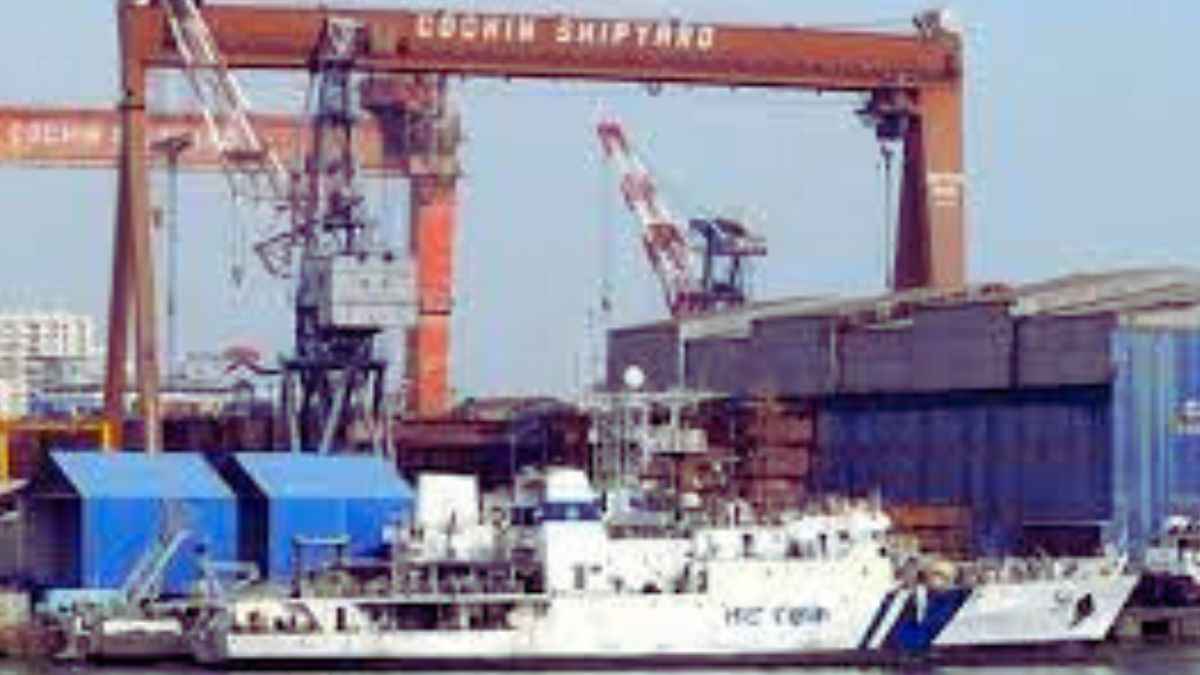There were numerous agreements between India and the United States, one of them was “Support and Repair of Ships”. The United States Navy has entered into a Master Ship Repair Agreement (MSRA) with Larsen and Toubro Shipyard in Kattupalli, south of Chennai. The United States is eager to close such deals with Goa Shipyard and Mazagon Dock Limited in Mumbai.
As part of these agreements, US Navy ships may lay them down for repair and service purposes at these shipyards.
Importance of the master ship repair agreement
The Master Ship Repair Agreement is an important element in the defense industrial relationship between the United States and India. The two countries are to undertake negotiations for a security of supply agreement and a reciprocal defense procurement agreement. This will facilitate the supply of defense goods in cases of unforeseen supply chain issues.
Both involve storage of goods in Indian facilities. These also involve expanding the base of suppliers and producers of defense goods required by the United States to include Indian companies.
After signing the agreements, Indian manufacturers will be able to interact with US equipment manufacturers and become contractors and suppliers for the Pentagon’s military industry orders.
The Reciprocal Defense Procurement Agreement offers exemptions to US laws that require federal procurement to be mandatory for US companies only.
The MSRA also complements the 2016 Logistics Exchange Memorandum of Agreement (LEMOA). LEMOA offers both nations access to designated military facilities on both sides for resupply and fuel. The accounting and payment mechanism is an essential aspect of this. The Logistics Exchange Memorandum of Agreement is limited to cases arising from joint exercises, humanitarian assistance and disaster relief (HADR), port calls and more.
The steps discussed will fall under the newly finalized US-India Defense Cooperation strategy, which will provide policy directions to defense industries while enabling co-production of defense systems. It will also establish a facility for collaborative research purposes, as well as prototyping of the technologies developed.
The expansion of Indo-US cooperation that is currently underway is seen as a result of the four fundamental agreements signed between the two countries since 2002. These four agreements are:
the Basic Exchange and Cooperation Agreement for Geospatial Cooperation (BECA) of 2020, the Communications Compatibility and Security Agreement (COMCASA) of 2018, the Logistics Exchange Memorandum of Agreement (2016), the General Security Agreement of the Military Information (GSOMIA) of 2002.
Categories: Optical Illusion
Source: ptivs2.edu.vn
